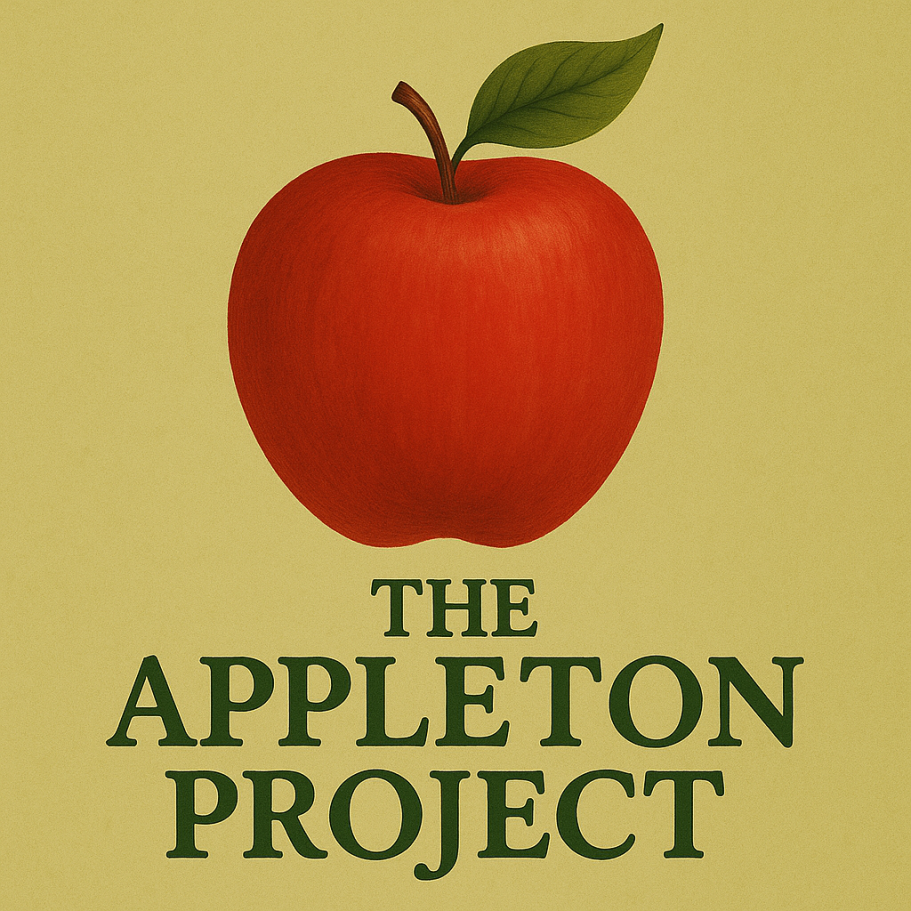The Appleton Project – Policy Handbook
Designated Safeguarding Lead: Natalie Russell
Updated: July 2025
1. Safeguarding & Child Protection Policy
Purpose: To ensure the safety and wellbeing of all young people engaging with The Appleton Project, in line with Keeping Children Safe in Education (2024) and Working Together to Safeguard Children (2023).
Key Principles:
- Safeguarding is everyone’s responsibility.
- We operate a zero-tolerance approach to harm, abuse or neglect.
- All concerns are reported to the Designated Safeguarding Lead (Natalie Russell) immediately.
- We work collaboratively with families, schools and statutory agencies.
Procedures:
- All staff receive safeguarding training annually.
- Allegations or disclosures are logged securely and responded to within 24 hours.
- Any immediate risk is reported to the MASH (Multi-Agency Safeguarding Hub) or Police.
2. Safer Recruitment Policy
Purpose: To ensure that all staff and volunteers are suitable to work with children and young people.
Procedures:
- All applicants must complete a full application form.
- Enhanced DBS checks are required before any work with children begins.
- At least two references are obtained and verified.
- Employment history is checked for gaps.
- All new staff complete an induction, including safeguarding.
3. Staff Code of Conduct
Purpose: To promote professional, safe and respectful behaviour from all staff.
Key Standards:
- Maintain professional boundaries at all times.
- Use respectful, inclusive language.
- Do not share personal contact details with students.
- Follow safeguarding procedures without exception.
- Use social media responsibly and in line with the safeguarding policy.
4. Behaviour & Relationships Policy
Purpose: To support positive behaviour through relationships, routines and regulation, not punishment.
Approach:
- We model respectful communication and co-regulation.
- Individual needs and triggers are understood and supported.
- Restorative approaches are used to resolve conflict.
- We do not use exclusion or seclusion in our setting.
5. Health & Safety Policy
Purpose: To provide a safe, hygienic and secure environment for young people, staff and visitors.
Procedures:
- Daily visual checks of all spaces.
- Risk assessments completed for activities and site.
- Fire exits and emergency procedures clearly marked.
- Accidents recorded and reported to parents/carers if needed.
6. First Aid and Medical Needs
Purpose: To ensure appropriate medical care is available and procedures are in place for responding to accidents or medical needs.
Procedures:
- At least one staff member on site is first aid trained.
- A well-stocked first aid kit is available and regularly checked.
- Medication is stored securely and administered only with consent.
- Medical needs are recorded in individual support plans.
7. Fire Safety and Emergency Procedures
Purpose: To ensure the safety of all occupants in the event of a fire or other emergency.
Procedures:
- Fire drills conducted termly.
- All staff and students aware of evacuation routes.
- Fire safety equipment is checked regularly.
- Emergency numbers and procedures clearly displayed.
8. Missing Child Procedure
Purpose: To respond swiftly and safely if a young person goes missing during a session.
Procedures:
- Immediate area is searched and staff informed.
- Parent/carer and, if necessary, the police are contacted.
- Incident is recorded and follow-up safeguarding action taken.
- Risk assessment reviewed post-incident.
9. Confidentiality & Information Sharing
Purpose: To handle all personal information safely and lawfully, balancing confidentiality with safeguarding responsibilities.
Key Points:
- Information is only shared on a need-to-know basis.
- GDPR principles are followed at all times.
- Safeguarding overrides confidentiality where a child is at risk.
- Records stored securely and access limited to authorised personnel.
10. Whistleblowing Policy
Purpose: To encourage staff and volunteers to report any concerns about poor practice, abuse, or unsafe conduct.
Procedures:
- Concerns can be raised with the DSL or an external body (e.g. NSPCC).
- Reports are treated confidentially and without retribution.
- Anonymous reports are accepted and taken seriously.
- Follow-up actions are recorded and reviewed.
11. Complaints Procedure
Purpose: To ensure concerns or complaints are listened to, taken seriously, and resolved fairly.
Procedures:
- Informal concerns are encouraged to be raised early with staff.
- Formal complaints can be made in writing to the DSL.
- All complaints are logged and responded to within 10 working days.
- Unresolved complaints can be escalated to an external mediator or local authority.
12. Equality, Diversity and Inclusion Policy
Purpose: To foster an inclusive environment that respects and values individual differences.
Commitments:
- No tolerance for discrimination of any kind.
- Provision adapted to meet the diverse needs of learners.
- Curriculum reflects and celebrates different cultures and identities.
- Reasonable adjustments made to support inclusion.
13. Online Safety & Acceptable Use
Purpose: To promote safe, respectful and responsible use of digital technology.
Key Practices:
- Supervised use of laptops and internet.
- Clear guidance on acceptable online behaviour.
- Staff trained in online safety and digital safeguarding.
- Any misuse is treated as a safeguarding concern.
14. Data Protection and GDPR
Purpose: To ensure all personal data is handled in accordance with the General Data Protection Regulation (GDPR).
Principles:
- Data is collected only for clear, lawful purposes.
- Personal data is stored securely and access is restricted.
- Data subjects have rights to access, correct or erase data.
- Breaches are reported in line with ICO guidance.
15. Lone Working & Outreach Policy
Purpose: To ensure staff working alone or off-site are safe and supported.
Procedures:
- Staff must notify a named contact before and after visits.
- Risk assessments completed for outreach work.
- Staff carry phones and have emergency procedures.
- Lone working should be limited and regularly reviewed.
